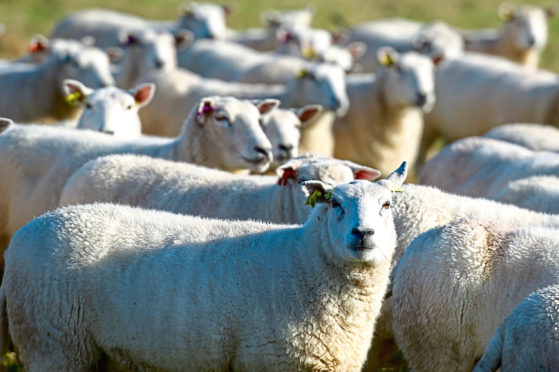Long-term international sheep meat rivals and farming organisations from across the UK are putting trading differences to one side to appeal to the Intergovernmental Panel on Climate Change (IPCC) to look again at the best scientific approach to measuring agriculture’s role in global warming.
The UK’s National Sheep Association (NSA), its sister organisation in New Zealand, together with Quality Meat Scotland, the farmers’ unions and others are calling on the IPCC to consider a more accurate measure of the behaviour of methane in the atmosphere and its net contribution to global warming.
In a joint statement, the farming organisations insist the best scientific information and tools must be used to build trust in the decisions policy- makers are taking, and suggests the measurements being used may not give an accurate reflection of agriculture’s true impact on global warming.
However the organisations make it clear that no matter the IPCC’s decision on greenhouse gas (GHG) metrics, farmers are committed to action on climate change, and adds: “We cannot afford to wait for more accurate measures to be developed: urgent action is needed now to improve productivity, conserve the carbon already in our pastures and grasslands, and store more carbon for the good of society.”
nnicolson@thecourier.co.uk










